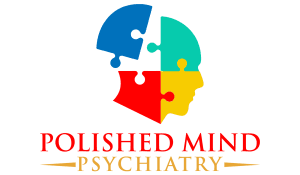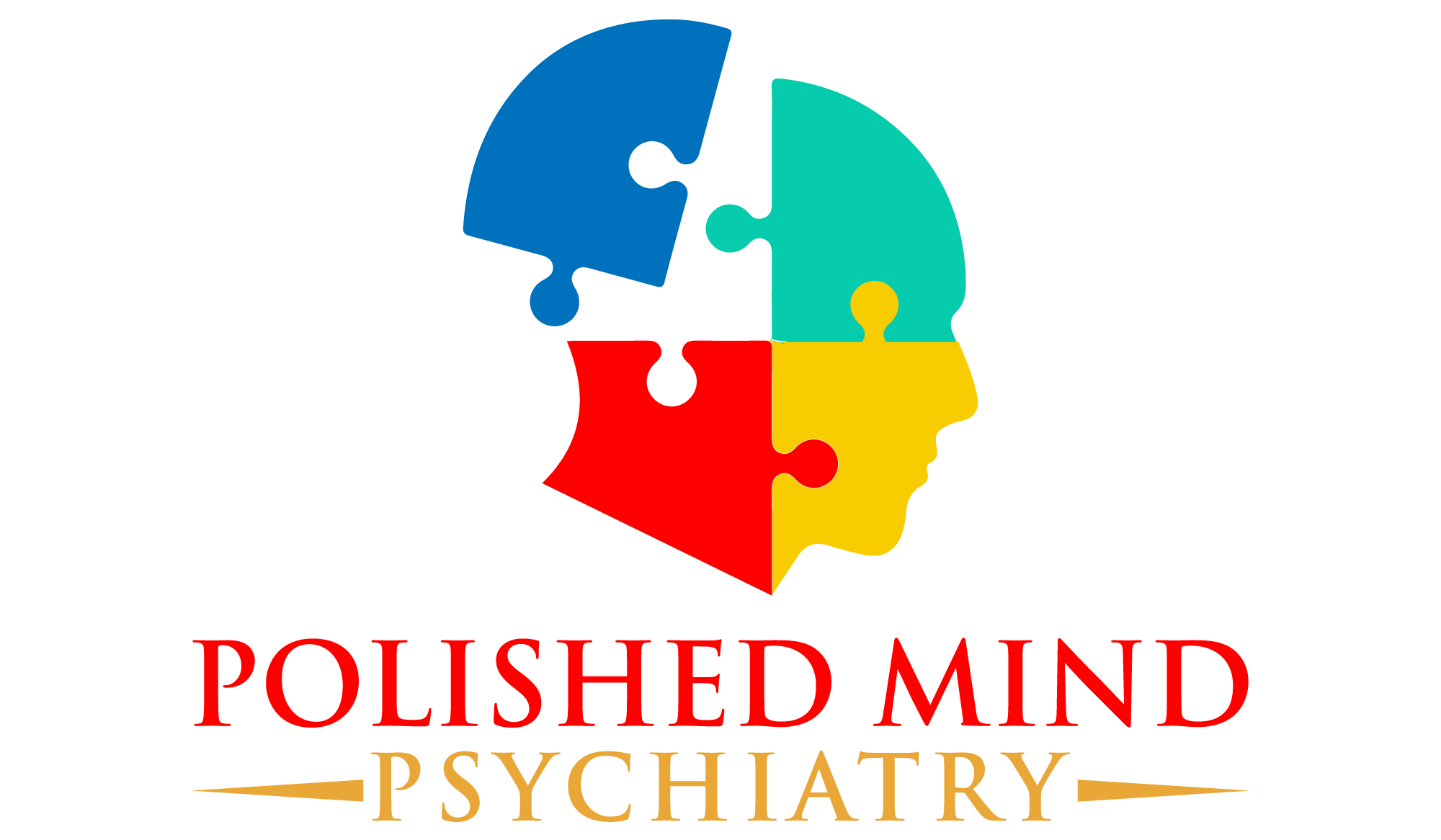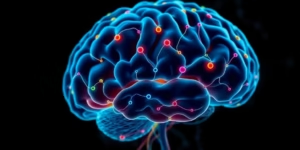Many people with ADHD find it tough to get going on tasks, even when they want to. This can be frustrating, making it seem like motivation is always just out of reach. But it’s not about being lazy; it’s about how the ADHD brain works. Understanding these differences is the first step to finding ways to get things done and feel more in control.
Key Takeaways
- ADHD affects motivation differently than in neurotypical individuals, often linked to dopamine regulation and task interest.
- Practical strategies like breaking down tasks, using timers, and creating accountability can help manage ADHD motivation.
- Personalized treatment plans, often with professional guidance from a psychiatrist or therapist, are key to improving daily function and motivation.
Understanding and Enhancing ADHD Motivation

Motivation can be a tricky thing for anyone, but for individuals with Attention-Deficit/Hyperactivity Disorder (ADHD), it often presents unique challenges. It’s not about being lazy or not wanting to do things; it’s about how the ADHD brain processes rewards, focus, and task initiation. Understanding these differences is the first step toward finding strategies that actually work.
The Nuances of ADHD and Motivation
People with ADHD often struggle with what’s called ‘interest-based reality.’ This means that tasks that aren’t immediately stimulating or rewarding can feel incredibly difficult to start or complete. The brain’s reward system works a bit differently, making it harder to get going on things that don’t offer instant gratification. This can lead to a cycle of procrastination and frustration. Sometimes, the internal state of the brain, like racing thoughts or nervousness, can overshadow logical motivation, making it tough to act even when you know you should. It’s like having a car with a great engine but a faulty ignition switch.
It’s important to remember that these challenges are rooted in neurobiology, not a lack of willpower. Recognizing this can be a significant step in reducing self-criticism.
- Difficulty starting tasks: Even simple tasks can feel overwhelming.
- Trouble sustaining effort: Maintaining focus on a task over time is hard.
- Procrastination: Delaying tasks, often until the last minute.
- Impulsivity: Acting without thinking, which can derail plans.
If you’re in Texas, Washington, California, Iowa, or New York, Polished Mind Psychiatry can help you understand these nuances better. Learning about how ADHD affects your motivation is key to developing effective strategies. You can find more information and support by booking an appointment at https://polishedmindpsychiatry.com/book-an-appointment/.
Strategies for Boosting ADHD Motivation
Fortunately, there are many practical ways to work with, rather than against, an ADHD brain to get things done. The key is to find what works for you and to build systems that support your natural tendencies. Connecting tasks to personal meaning or importance can be a powerful motivator. Think about why a task matters to you, even if it’s just a small part of a larger goal. Celebrating small successes along the way is also incredibly important. It provides positive reinforcement that the brain craves. This could be anything from a short break to a favorite snack.
Here are some strategies that can help:
- Break down tasks: Large projects can be daunting. Divide them into smaller, manageable steps. Completing each small step provides a sense of accomplishment.
- Use timers: Set a timer for a specific work period (e.g., 25 minutes) followed by a short break. This technique, often called the Pomodoro Technique, can make tasks feel less endless.
- Reward yourself: Plan small rewards for completing tasks or even parts of tasks. This could be a treat, a few minutes of a favorite activity, or anything that feels motivating to you. This is a great way to get work done.
- Make it interesting: Try to find ways to make boring tasks more engaging. This might involve listening to music, working with a buddy, or gamifying the process.
- Visualize success: Imagine the feeling of accomplishment after completing a task. This mental rehearsal can boost your drive.
Challenging negative self-talk is also a big part of this. When you catch yourself thinking critical thoughts about your ability to get things done, try to reframe them. Instead of
Personalized Approaches to ADHD Motivation

When it comes to managing ADHD, a one-size-fits-all approach rarely works. What might spark motivation for one person could fall flat for another. This is where personalized strategies become really important. Think of it like tailoring a suit – it needs to fit you specifically to be effective. For individuals with ADHD, this means understanding their unique brain wiring and how it impacts their drive and focus. It’s about finding what clicks for you, not just following general advice.
Tailoring Treatment for Optimal Function
Developing a personalized strategy is key to helping your brain adapt and stay on track. This involves breaking down larger tasks into smaller, more manageable steps. This method helps build momentum and makes things less overwhelming, encouraging consistent progress. It’s about creating a system that works with your natural tendencies, not against them. For example, instead of facing a whole report, focus on just the introduction first. This small win can make a big difference in getting started and keeping going. Building effective habits that fit your specific needs is also a big part of this. It’s about creating routines that align with your goals and work with the unique characteristics of an ADHD brain. You can learn more about building effective habits that are tailored for ADHD. It’s also important to celebrate small wins along the way. Intentionally creating opportunities to acknowledge your progress and reward yourself can significantly boost motivation. This positive reinforcement helps your brain associate effort with good feelings, making you more likely to repeat the behavior.
The Role of Professional Guidance
While self-help strategies are great, sometimes professional guidance is needed to really fine-tune your approach. A mental health professional can help identify specific challenges and create a treatment plan that’s just for you. They can offer insights into how ADHD affects your motivation and suggest targeted techniques. For instance, they might recommend specific methods to help you initiate tasks, like the ‘five-minute rule’ or ‘body doubling.’ These techniques are designed to overcome the common hurdle of just starting. Getting professional help means you don’t have to figure it all out alone. Polished Mind Psychiatry, with locations in TX, WA, CA, IA, and NY, offers evaluations and personalized treatment plans to help you achieve optimal function. If you’re looking for support, consider booking an appointment with them. They can provide clarity through accurate diagnosis and develop a treatment plan that supports positive change and personal growth. Remember, good ADHD treatment plans involve ongoing monitoring and adjustments, and a professional can guide you through this process, making sure your plan continues to work as your needs change. You can find empowering self-help strategies and resources to manage ADHD symptoms effectively. Working with a professional can also help you set and achieve long-term goals by providing strategies to overcome challenges related to focus and organization, turning big objectives into manageable micro-tasks. This tailored approach helps individuals with ADHD stay on track and reach their aims. It’s about finding the right support to help you succeed. If you’re ready to explore personalized strategies, book an appointment today.
Finding ways to stay motivated with ADHD can be tough, but it’s totally doable! We all have different needs, so what works for one person might not work for another. Exploring new strategies can make a big difference in tackling your goals. Ready to discover what works best for you? Visit our website to learn more about personalized ADHD support.
Moving Forward with ADHD
Figuring out how to manage ADHD can feel like a lot, but remember, you’re not alone in this. We’ve talked about different ways to help with motivation, from breaking tasks down to finding what really gets you going. It’s about finding what works for you, and that often means trying a few things out. Good treatment plans involve checking in regularly and making adjustments as needed. If you’re looking for support or want to explore these strategies further with a professional, Polished Mind Psychiatry is here to help. They offer personalized care and telehealth options, making it easier to get the support you need. Don’t hesitate to reach out and start your journey toward better managing ADHD. You can book an appointment at https://polishedmindpsychiatry.com/book-an-appointment/.
Frequently Asked Questions
Why is it hard for people with ADHD to get motivated?
People with ADHD often find it hard to get started on tasks or stay focused because their brains work differently. It’s not about being lazy; it’s about how their brain processes attention and motivation. This can make everyday activities feel like a big challenge.
What are some good ways to improve ADHD motivation?
There are many ways to help boost motivation for those with ADHD. This can include breaking down big tasks into smaller, more manageable steps, using timers to stay on track, creating a structured environment, and finding ways to make tasks more interesting or rewarding. Sometimes, professional help can provide personalized strategies.
Can a doctor help with ADHD motivation problems?
Yes, professional guidance is very helpful. A doctor or therapist can help figure out the best treatment plan, which might include therapy, medication, or a mix of both. They can also teach specific skills and strategies to manage ADHD symptoms and improve motivation, making sure the plan fits each person’s unique needs.




